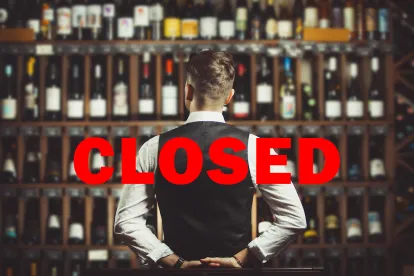As businesses attempt to navigate the post-COVID-19 landscape, one issue of concern is the possibility of claims for alleged COVID-19 exposure being brought by both customers and employees. These concerns have been complicated by the often conflicting guidance or requirements being placed on businesses from local, state, and federal governments or agencies. While there is ongoing discussion at the federal level of legislation to provide some liability protections for businesses in certain circumstances, several states are stepping into the void and enacting legislation of their own. Louisiana has now followed Oklahoma, North Carolina, and several other states in enacting legislation that grants liability protections for businesses from these type of claims.
On June 13, 2020, Louisiana Gov. John Bel Edwards signed into law House Bill 826, which grants liability protections for businesses from claims brought by both customers and employees related to COVID-19 exposure. The bill, which is retroactive to March 11, 2020, when Louisiana declared its state of emergency related to COVID-19, provides as follows:
-
Businesses are not liable for damages for injury or death related to actual or alleged exposure to COVID-19 in the course of business operations unless the business “failed to substantially comply with the applicable COVID-19 procedures established by the federal, state or local agency which governs the business” and the injury or death was caused by the business’s “gross negligence or wanton or reckless misconduct.” If more than one set of procedures or guidelines applies to the business, the business must only “substantially comply” with one of them.
-
Planners of any kind of events (e.g., conventions, trade shows, sporting events) cannot be held liable for injury or death related to actual or alleged COVID-19 exposure “unless such damages were caused by gross negligence or willful or wanton misconduct.”
-
An employee who contracts COVID-19 in the workplace has no tort remedy against the employer unless the exposure resulted from an “intentional act.” In Louisiana, as in many states, this is a very difficult threshold for an injured employee to meet.
While this law will come as welcome relief to businesses that are already facing other challenges, it is important to note that the protections it affords do not create blanket immunity for businesses from these types of claims. Businesses should still anticipate the possibility of such claims and make sure to document the actions being taken to keep both employees and customers safe. Likewise, businesses should document the source of the recommendations they are following in implementing these procedures (i.e., Occupational Safety and Health Administration, Centers for Disease Control and Prevention, etc.).




 />i
/>i
